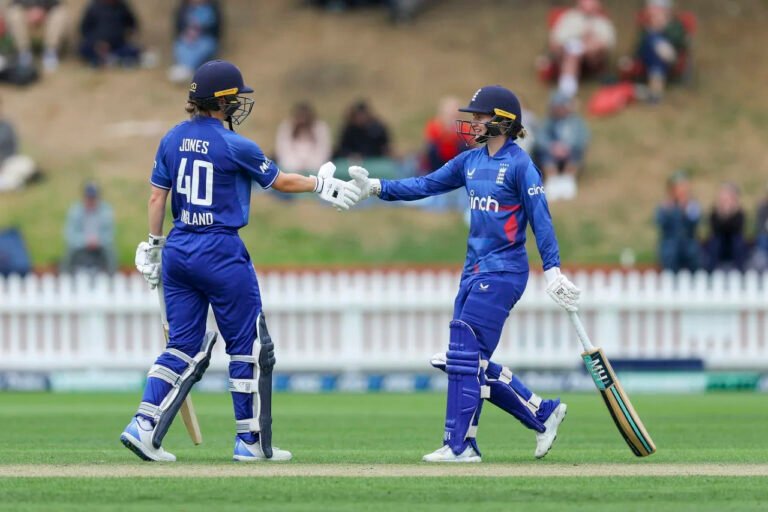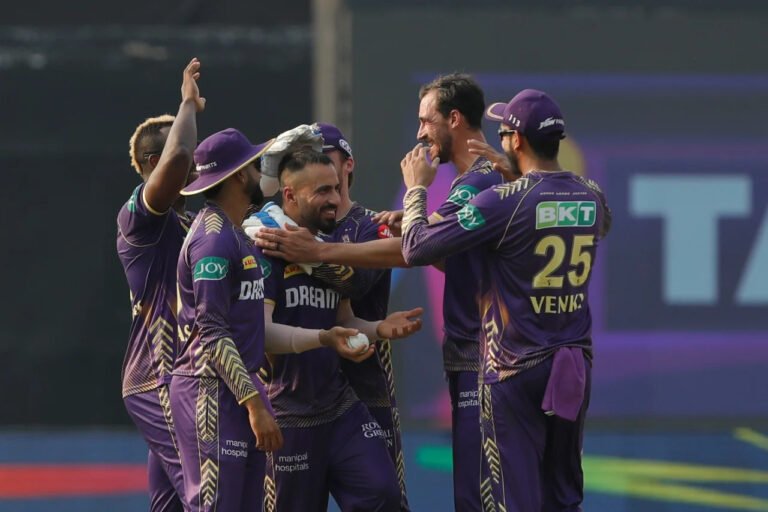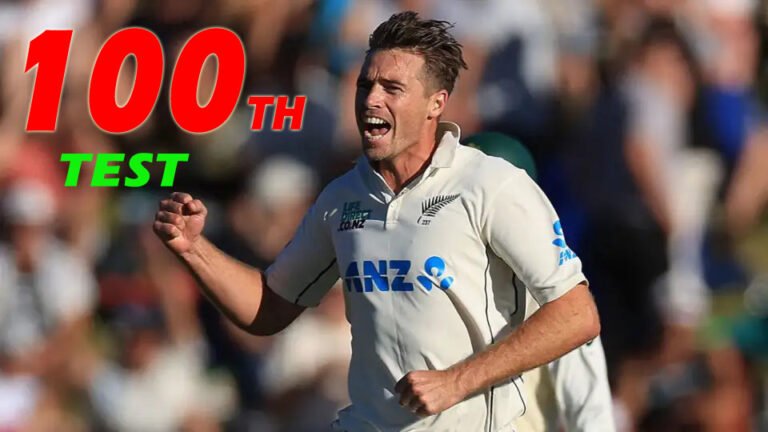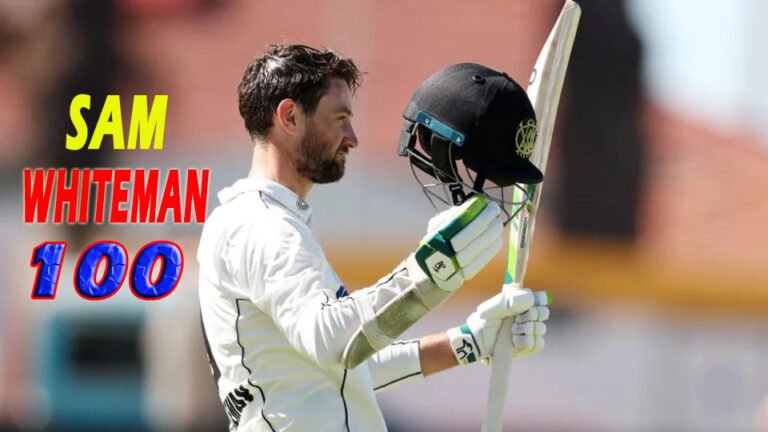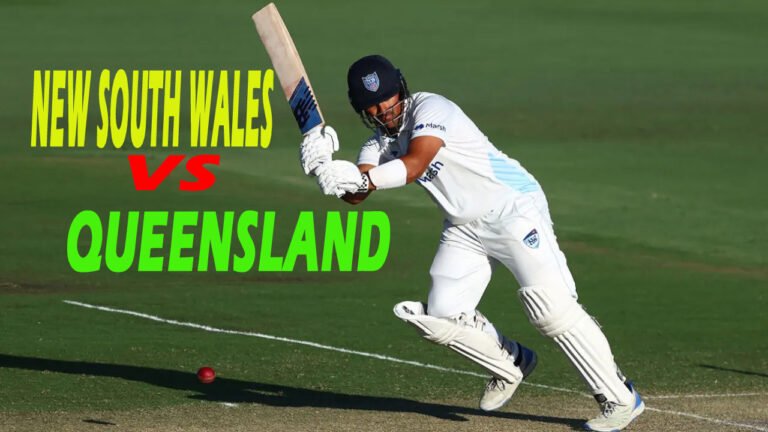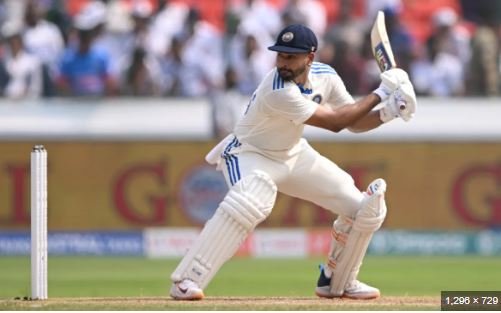Mumbai Indians Secure Third IPL Title in Nail-Biting Last-Ball Finish In 2017
Mumbai Indians clinched their third IPL title in a thrilling last-ball victory, successfully defending a total of 129 runs to defeat Rising Pune Supergiant by just one run.
This was the final IPL match for Rising Pune Supergiant, unless they had a WWE-style comeback. Despite limiting the Mumbai Indians to the lowest first-innings total in an IPL final, they made sure it went to the very last ball.
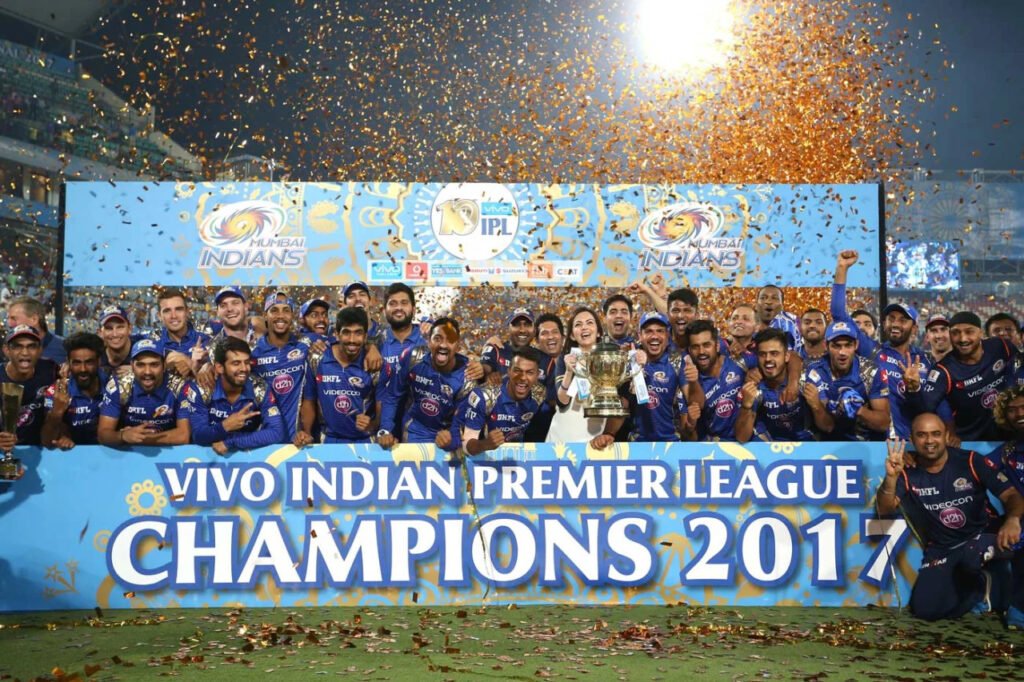
Rising Pune Supergiant 128 for 6 (Smith 51, Rahane 44, Johnson 3-26, Bumrah 2-26) lost to Mumbai Indians 129 for 8 (Krunal 47, Unadkat 2-19, Zampa 2-32, Christian 2-34) by 1 run.
Pune was able to stretch a 130-run chase to the final ball, somehow.
It had also came down to the final ball in the inaugural IPL final. The Rajasthan Royals won it then, nine years ago, when Sohail Tanvir pulled L Balaji for a single.
Pune needed four runs to win, then Mitchell Johnson bowled to Daniel Christian. Johnson went full and direct off the bowl, bowling from around the wicket. Christian swiftly moved it to the left of the large, square thigh. A second run was allowed after J Suchith, the replacement fielder, fumbled at the boundary. Pune would not accept that. To win, they required four, and to tie, three.
The batsmen nearly had Suchith’s throw in Parthiv Patel’s gloves as they chased a last-ditch effort. Once Parthiv had safely gathered it, there could be only one outcome. Playing in their fourth final, Mumbai Indians won by one run to secure their third championship.
Mumbai’s batting hero was Krunal Pandya, who took them from 79 for 7 to an eventual 129 for 8, a total that would allow their bowlers to scrap all the way. Pandya scored his century off just 38 balls. Then, with Pune’s ODI-style top-order strategy, the scrappy bowlers managed to gradually raise the required rate; with five overs remaining, Pune was just two down but needed 47 from thirty.
Considering Mumbai’s devastating bowling, this game was far from done. Within the 17th over, MS Dhoni was removed by Jasprit Bumrah. Next, Lasith Malinga and Bumrah made sure Pune would only receive two boundaries in the 18th and 19th innings. With one over remaining, Steven Smith, who was batting at 51, and Manoj Tiwary had 11 runs to score.
They managed to take a boundary off of Johnson’s opening delivery, but they were unable to overcome him.
The team batting first had won six of the previous nine IPL finals. Maybe because of it, along with the fact that pursuing was tough in Hyderabad, Rohit Sharma defied his team’s season-long record of eight victories in eleven games when chasing. That too with just a 3-2 record while leading off in the batting order.
Mumbai and Pune had faced off three times this season, with Pune emerging victorious twice while batting first, so maybe that had something to do with it.
Throughout their innings, Mumbai appeared to be mentally scarred from all of their losses to Pune. Lendl Simmons’ first-ball leave set the tone for a cautious start on a slower-than-usual Hyderabad surface, as only seven runs were scored in the opening two overs against the back-of-a-length cutters of Jaydev Unadkat and the flat, stump-to-stump offspin of Washington Sundar.
In the third over, Unadkat then removed both of the openers: a short ball that stopped Parthiv Patel from trying to pull, and a slower ball that clipped Simmons’ leading edge and bounced back for a diving return catch.
Despite Rohit Sharma hitting Lockie Ferguson for four fours in the sixth over, Mumbai never really bounced back from that. In the eleventh over, Adam Zampa dismissed Rohit and Kieron Pollard, leaving Mumbai at 65 for 5.
Also Read: IPL 2020: Mumbai Indians Dominated Delhi Capitals to Crown A Record 5 Times IPL Champions
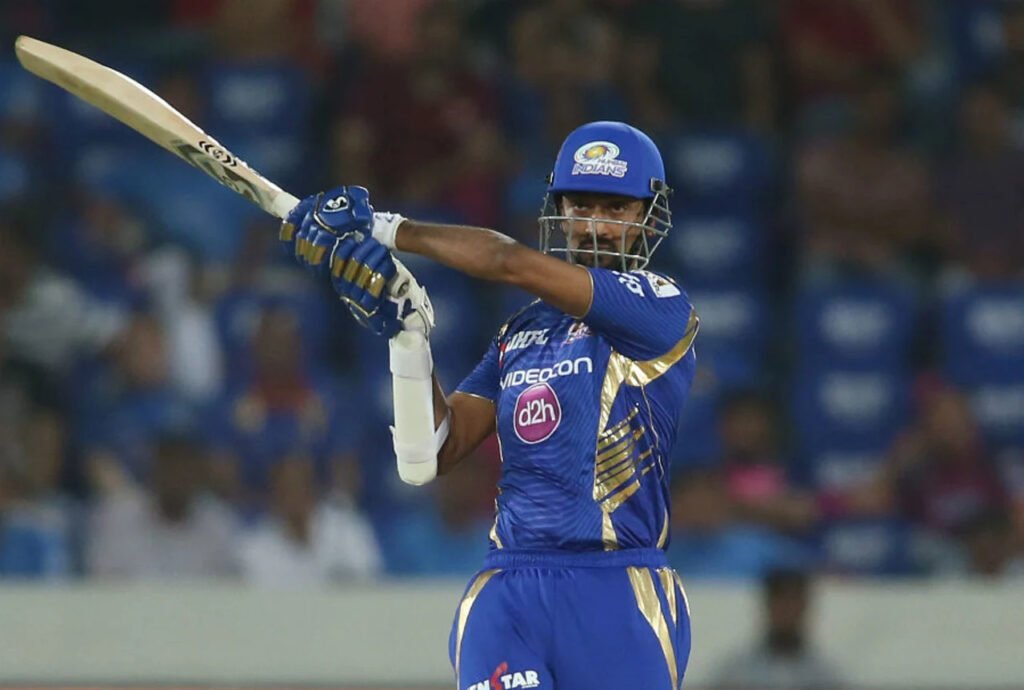
In the fourteenth over, Christian played over the line and trapped Hardik Pandya leg before wicket. In the following over, Karn Sharma was hilariously run out. He was dropped by Christian diving to his left at slip, but he panicked and fled his crease. It seems to capture the mood of Mumbai.
However, Krunal appeared to be beginning to think more clearly. He only wanted to see how far he could stretch the innings for the time being. He didn’t hit his first six until the 19th over, when he smashed it straight back over Unadkat’s head. In the final over, he then swiped and slogged Christian for a four and a six, helping Pune score fourteen runs. Even yet, their score was 14 short of the lowest first-inning total in an IPL final that has previously occurred. The Deccan Chargers had done so in 2009, when they had defended 143.
Since the 2013 season, no team had defended a total of 129 or below. But Mumbai had enough bowlers to pull it off. Pune, on the other hand, decided to play with their wickets in hand. Smith joined Ajinkya Rahane at the crease after Rahul Tripathi was leg before wicket by Bumrah in the third over. A slower ball from Malinga could have foxed Rahane for 14, but Krunal could not hang on to a very simple opportunity at short cover.
Batting as he would in the lengthier formats of the game, he had hit 44 of 38 when he holed out to long-on in the 12th over. Smith was batting on 18 off 25 at that moment, playing similarly. This was a dubious strategy, considering the slowness of the pitch and the difficulty new batters would have getting going straight away.
As it was, Dhoni had a difficult start, managing just four runs in his opening nine deliveries. Pune batted out three overs without a boundary thanks to Malinga’s variation in pace and the grip that Karn Sharma and Krunal provided on the ball. Now that they had thirty balls left, they needed 47.
Dhoni’s half-controlled square-cut skimmed the space between short third man and backward point, and Smith reverse-swiped Krunal for six two balls later. After Fourteen completed that over, Rising Pune appeared to be back on the right track.
But there were still three overs that Bumrah and Malinga needed to bowl. In the 17th over, Bumrah caught Dhoni behind, preventing him from having enough width for a cut. He then successfully ended the over with two leg-before-bowl appeals against Manoj Tiwary, as the batsman was unable to read his changes in pace and angle, along with a hint of reverse.
Between a series of unhittable yorkers, Smith was able to flick Malinga for four in the eighteenth over, then in the nineteenth, off the only ball in the over pitched short of the blockhole, he launched Bumrah over long-off. The equation was 7 off 5 when Tiwary slid over and blasted the opening ball of the 20th over to the empty square-leg boundary (Johnson had just lost a dispute with Rohit to station a fielder there).
That would definitely solve that. But Johnson still hadn’t gotten his say. The slower ball undid Tiwary, who was trying to hit him over extra-cover, only managing to drag it over to long-on. Smith then made a superb inside-out slice that went directly to sweeper cover after crossing over.
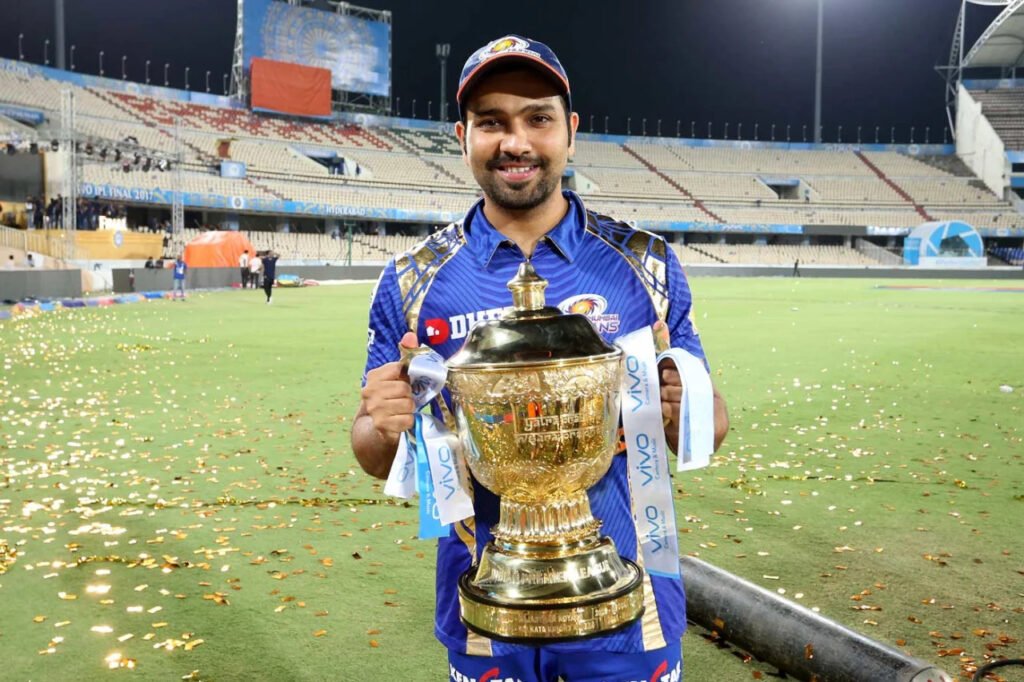
Pune needed seven runs with three deliveries remaining and two new batters at the crease. Off the fourth ball, Washington Sundar brought Christian on strike. Despite missing a wide-ish yorker, he was able to scamper a bye. After that, Hardik, who was sprinting forward from deep midwicket, dropped Christian, who was plodding along at a slower pace. Pune now needed four runs from the final delivery.
The final ball of the Rising Pune Supergiant’s two IPL seasons. They would want more balls in the future.
Stephen Fleming’s Pride in Pune’s Performance
Stephen Fleming, the coach of Pune, expressed his pride in the meticulous planning and execution displayed by the team throughout the IPL 2017 season. Despite their one-run loss in the final against Mumbai Indians, Fleming emphasized that their overall performance remained commendable.
The IPL 2017 final, which witnessed a nail-biting clash between Mumbai Indians and Rising Pune Supergiant, was a testament to the competitive spirit of both teams. Fleming acknowledged the fine margins that defined the match, highlighting Steve Smith’s close attempt to secure victory in the last over. He attributed the intensity of the game to the challenging pitch conditions and the exceptional bowling attack of Mumbai.
Throughout the tournament, Pune showcased strategic brilliance both in their bowling tactics and fielding prowess. Their disciplined bowling restricted Mumbai’s scoring opportunities, and notable fielding moments such as Jaydev Unadkat’s catch and Smith’s direct hit added to Pune’s strong performance.
Fleming reflected on the batting challenges faced by Pune, especially in the absence of key players like Ben Stokes. Despite being a batsman short, Pune aimed for partnerships to build momentum. He admitted that losing wickets at crucial junctures hampered their progress but praised the team’s resilience under pressure.
The coach emphasized Pune’s progress from the previous season, highlighting the contributions of underrated players like Jaydev Unadkat, Rahul Tripathi, and Manoj Tiwary. He credited the team’s environment for fostering individual excellence and praised the leadership dynamics, particularly Steve Smith’s captaincy and MS Dhoni‘s role as a senior player.
Looking ahead, Fleming acknowledged the uncertainty surrounding Pune’s future as an IPL franchise due to contractual agreements. However, he reiterated the team’s focus on controlling what they can and expressed satisfaction with their journey to the final.
In conclusion, despite the narrow loss in the final, Stephen Fleming‘s analysis underscores Pune’s remarkable performance and the strategic depth that defined their IPL 2017 campaign.

